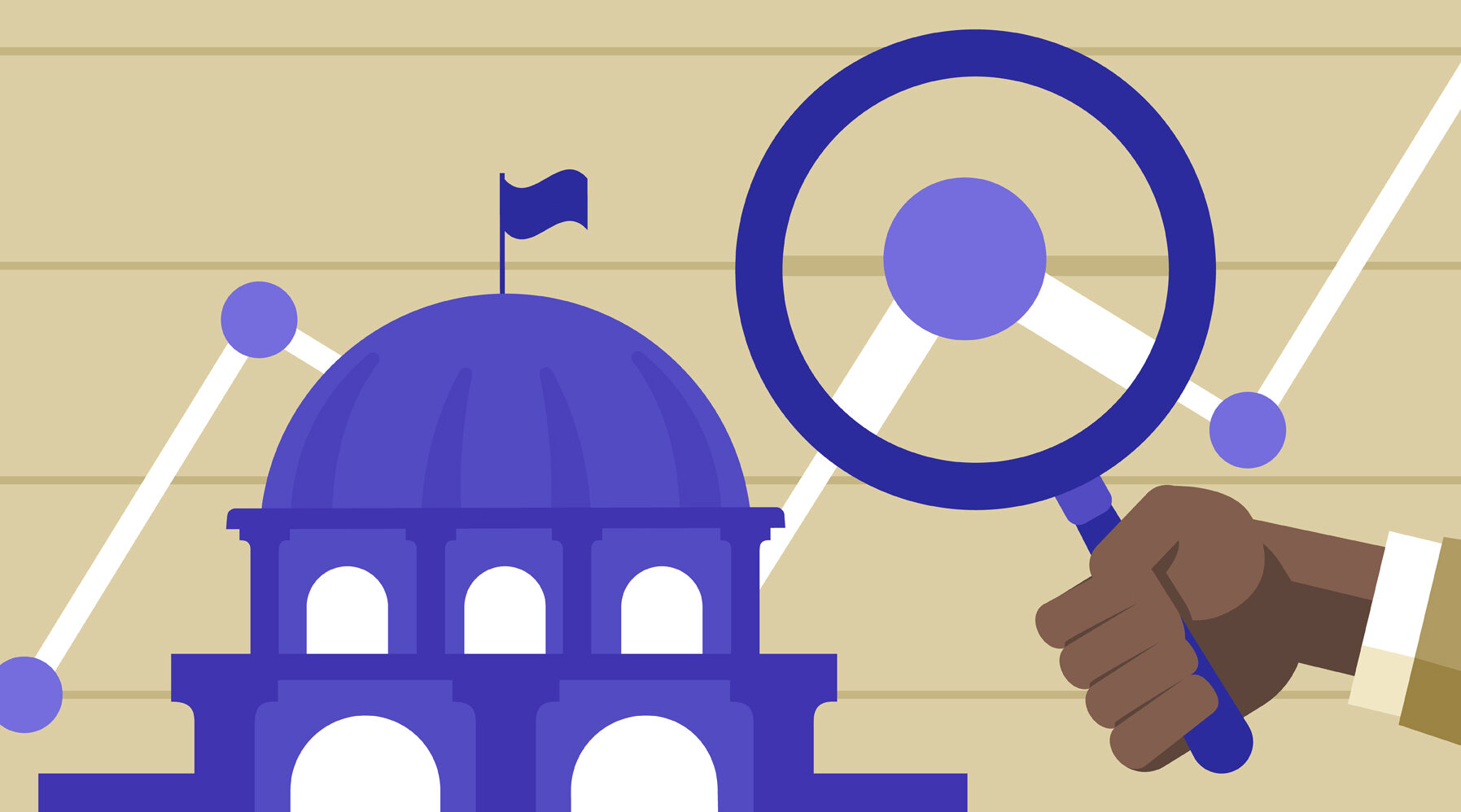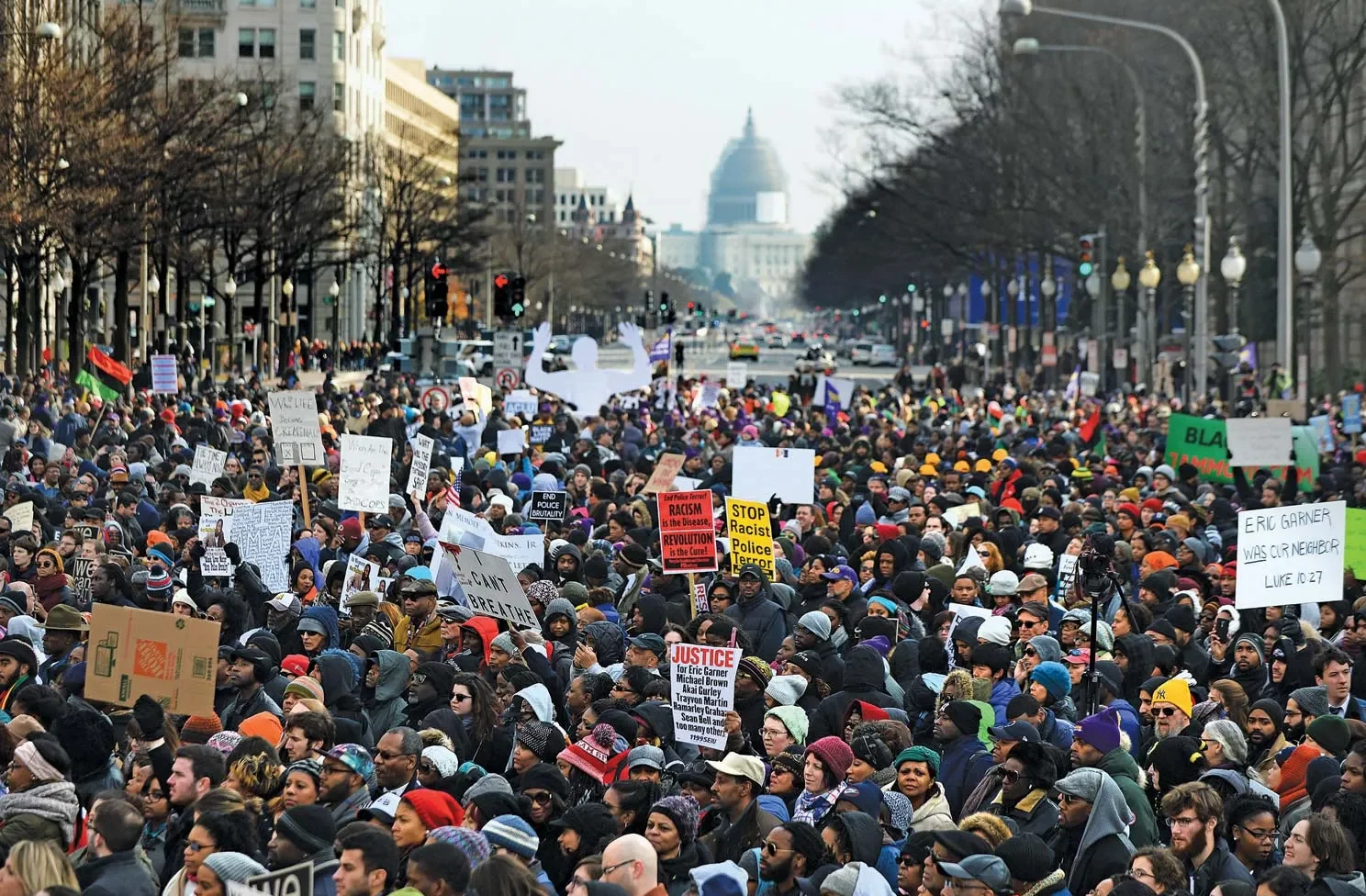The earliest forms of government were simple systems of self-governance, where individuals made decisions based on consensus within their communities. As societies grew, monarchies emerged, where a single ruler held supreme power over the people. In ancient Greece, democracy was introduced as a form of self-rule government, where citizens had a say in the decision-making process. However, not all ancient thinkers considered democracy to be the best form of government. Aristotle, for example, believed that democracy was the worst form of government, as it allowed the uneducated masses to make important decisions. Despite these criticisms, democracy continued to evolve and expand throughout history, becoming a cornerstone of modern political systems.
The Roman Republic, which lasted from 509 BCE to 27 BCE, was characterized by a complex system of checks and balances designed to prevent any one individual or group from gaining too much power. However, as the empire expanded, power shifted away from the representative democracy and towards a centralized imperial authority. The Roman Empire, which lasted from 27 BCE to 476 CE, was characterized by a highly centralized government, with all important political decisions being made in Rome. Despite the evolution of political systems over time, the influence of ancient political systems can still be seen in modern governments.
The study of ancient political systems is essential for understanding the evolution of modern political systems. Political scientists have historically focused on more recent political systems, but there is a growing interest in studying the political systems of ancient civilizations. Courses in universities around the world cover the governments and politics of ancient civilizations, including those of ancient Greece and Rome. By studying the characteristics of ancient political systems, we can gain a better understanding of how modern political systems have evolved over time.
Feudalism and the rise of modern nationstates
Feudalism was a system of government and exchange in Medieval Europe that revolved around land ownership. Under this system, a landholding feudal lord would grant land to vassals in exchange for their loyalty and military service. The feudal system was a defining characteristic of the early and central Middle Ages, from the 5th century onwards. Feudalism was a hierarchical system that sharply divided society into classes, with the feudal lord at the top and the peasants at the bottom. This system was prevalent in medieval societies from the 10th to the 13th centuries. While feudalism declined in the late Middle Ages, its influence can still be seen in the political and economic systems of modern societies.
The Renaissance period saw the emergence of modern nation-states in Europe. As feudalism was phased out, people began to identify more with their fellow countrymen. This led to the rise of the nation-state, in which people shared a common language, culture, and history. In Western Europe, nation-states emerged under the aegis of strong monarchical governments, breaking down local immunities and destroying the unity of the feudal system. Constitutional monarchies, in which the monarch shares power with a constitutionally organized government, became a dominant form of government in Europe. The British monarchy, for example, is the oldest of all constitutional monarchies, with its origins tracing back to before the Norman Conquest.
Constitutional monarchies have been a popular form of government in modern history, with many democratic regimes adopting this system. In semi-constitutional monarchies, the monarch’s power is limited by a constitutionally organized government. This system of government has been studied extensively by political sociologists, who argue that economic and political development results from the existence of strong, centralized governments. In the United Kingdom, the monarch exercises important governmental actions on behalf of the government or exercises her power within the framework of the constitution. Overall, the evolution of political systems from feudalism to modern nation-states has been a long and complex process, shaped by a variety of social, cultural, and economic factors.
Political ideologies and their impact on modern politics
Political ideologies have played a significant role in shaping modern politics. Two of the most prominent ideologies are liberalism and conservatism. Liberalism emphasizes individual freedom and equality, while conservatism emphasizes traditional values and limited government intervention. These ideologies have influenced government policymaking and political discourse in countries around the world. In the United States, for example, debates over the Constitution and the power of government have been shaped by liberal and republican theories. While there are variations within each ideology, understanding the basic tenets of liberalism and conservatism is essential for analyzing political systems and their evolution over time.
Socialism and communism are two other ideologies that have had a significant impact on modern politics. Socialism emphasizes economic equality and collective ownership of resources, while communism seeks to eliminate private property and establish a classless society. These ideologies have been implemented in various forms throughout history, with varying degrees of success. In recent years, socialism has gained renewed attention in political discourse, particularly in the United States, where it has been advocated by some progressive politicians. Understanding the history and principles of socialism and communism is essential for analyzing political systems and their evolution over time.
Fascism and totalitarianism are ideologies that emphasize authoritarianism and the supremacy of the state over individual rights and freedoms. Fascism emerged in Italy in the early 20th century and was characterized by extreme nationalism and militarism. Totalitarianism, on the other hand, seeks to control all aspects of society and eliminate opposition to the ruling party or leader. These ideologies have been associated with some of the most oppressive and violent regimes in history, including Nazi Germany and Stalinist Russia. Understanding the dangers of fascism and totalitarianism is essential for safeguarding democracy and protecting individual rights and freedoms.
Contemporary political systems and their characteristics
Democracy and representative government are among the most prevalent political systems in the world today. In a democracy, citizens have the power to elect their leaders and participate in decision-making processes through free and fair elections. Representative government, on the other hand, involves the selection of representatives to make decisions on behalf of citizens. Political parties play a crucial role in democratic and representative systems, organizing politics and competing for power through elections. These systems prioritize individual freedoms and rights, with the goal of ensuring equal representation and protection for all citizens.
Dictatorship and authoritarianism are political systems characterized by centralized power and limited individual freedoms. In a dictatorship, a single individual or group holds complete control over the government and its policies, often through force or coercion. Authoritarian regimes, while less extreme, still prioritize the interests of the ruling elite over those of the general population. These systems limit political opposition and suppress individual rights, often leading to social and economic inequality.
The role of globalization has become increasingly important in modern politics, with the expansion of international trade and communication networks. Globalization has led to both opportunities and challenges for political systems, with some arguing that it has exacerbated inequalities and contributed to the rise of authoritarianism. However, others suggest that globalization can lead to greater cooperation and understanding between nations, ultimately contributing to more democratic and representative political systems. As political development continues to evolve, the impact of globalization on political systems will likely remain a topic of debate and analysis.










